|
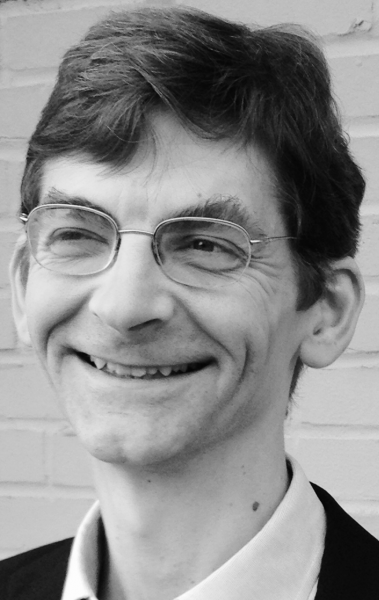
|
Michel Debiche, Guest Analyst, STAC.
Michel is both quant and technologist, whose passion is making data science actually work for financial firms. He is currently leading the expansion of the STAC community to include more buyside firms looking to leapfrog to the best technologies and Analytics Ops processes for quant/quantamental investing. Prior to STAC, Michel re-engineered strategy development and implementation at numerous firms, first as a quant, then as a consultant. Employers include CSFB, Daiwa, First New York, CIBC, and Think Big Analytics, where he led the financial services practice. Michel has BS, MS, and PhD degrees in geophysics from Stanford and Princeton Universities.
|
|
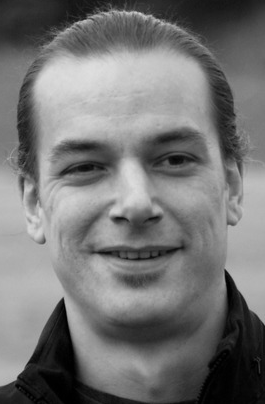
|
Eric Fiala, Solution Architect, IBM.
Eric is a solution architect with IBM Spectrum Computing based in Calgary Canada. He is a seasoned system administrator specialized in distributed computing, big data, machine learning, and deep learning at scale.
|
|

|
Nick Finamore, Director of Data Center Business Development, Intel.
Nick is currently the Director of Data Center Business Development for Intel’s Programmable Solutions Group. Prior to Intel’s acquisition of Altera, Nick managed Altera’s high-level design tools, launching the first ever OpenCL tool suite for FPGAs. Prior to joining Altera, Nick had several senior level management positions at early stage technology companies including CEO of Engim Corp (Acq by Edgewater Comp), VP of Sales and Marketing at Ember (Acq by Silicon Labs), and VP of Sales at Netronome. Nick started his career in Intel field organization and later became GM of the Network Processor Division.
|
|
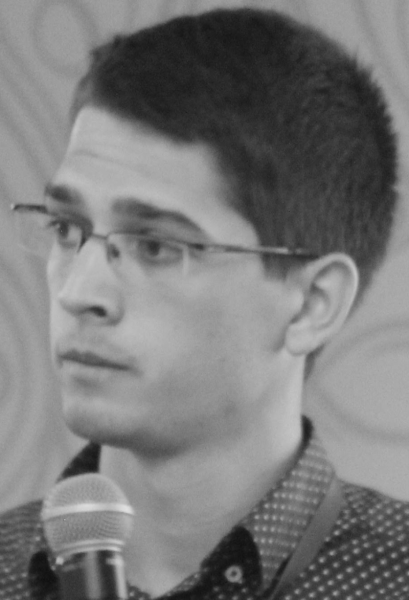
|
Francisco Girela, FPGA Engineer, Seven Solutions.
Francisco obtained his Master on Telecommunications Engineering degree in the University of Granada. Before ending these studies, he started working as a technical consultant in an international company. After some time, he went back to the University where he accepted a job as a researcher. During his research, he specialized in ultra-accurate time transfer systems and he focused on the development of the White Rabbit technology. At the moment, he works for Seven Solutions where he is a FPGA engineer and the technical responsible for business support for North America clients. Simultaneously, he is carrying out his PhD in telecommunication engineering.
|
|

|
Dr Matthew Grosvenor, VP Technology, Exablaze.
Matthew has been working with the Exablaze family of companies for over 9 years. In that time, he has been involved in trading strategy development, market data acquisition, FPGA acceleration, systems optimisation, and measurement and analytics. Matthew holds a PhD in Computer Science from the University of Cambridge. His research work focused on techniques for managing and mitigating latency variance in hyper-scale datacenter networks.
|
|
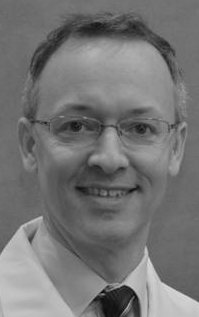
|
Peter Lankford, Founder & Director, Securities Technology Analysis Center.
Peter leads STAC®, which provides hands-on technology research and testing tools to the finance industry and facilitates the STAC Benchmark Council™, a group of leading financial institutions and vendors that engages in technical dialog and specifies standard ways to assess technologies used in finance. Prior to STAC, Peter was SVP of the $240M market data technology business at Reuters. Prior to Reuters, Peter held management positions at Citibank, First Chicago Corp., and operating-system maker IGC. Peter has an MBA, Masters in International Relations, and Bachelors in Chemistry from the University of Chicago.
|
|

|
Mark Laurenz, Industry Marketing Manager – Financial Services, Intel
Mark works with industry end users to create innovative solutions that solve their storage challenges. He is responsible for the financial services industry globally, and works within Intel’s non-volatile memory solutions group. In his presentation, Mark will highlight the changing landscape of storage technology and how financial firms can best adapt to those changes.
|
|
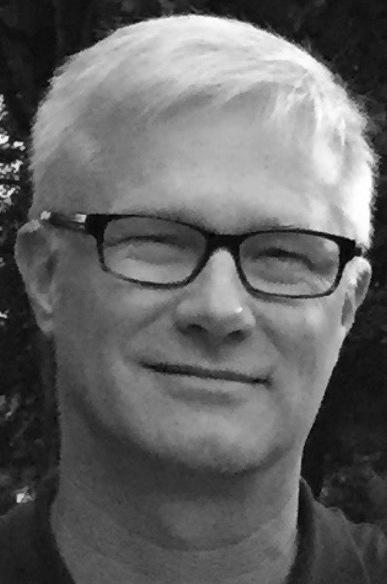
|
Matt Meinel, SVP Solutions Engineering, Sales and Business Development, Levyx
Matt is a veteran innovator / entrepreneur in Capital Markets financial technology. He has been a key player at several successful, innovative financial technology firms including:Co-founder at startup 29West (low latency messaging technology) which exited to Informatica; RedHat CIO during transition period to the now popular subscription business model; Principal at O’Connor & Associates (bought by Swiss Bank which was acquired by UBS Investment Bank). At Swiss Bank he served as co-CIO and later at UBS Investment bank was Global Head of IT for the Fixed Income & Treasury Division.
|
|
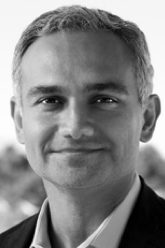
|
Behnam Robatmili, CTO, Bigstream Solutions.
Behnam is the CTO and Co-founder in Bigstream where he applies advanced optimization techniques to seamlessly accelerate Big Data & Machine Learning workflows across different hardware platforms including FPGA. His experience ranges from Big Data applications, SQL compilation and optimization to lower-level compiler and runtimes. Prior to Bigstream, he was a research staff engineer at Qualcomm research with broad range of expertise including developing an LLVM Parallel backend and being a core developer of Qualcomm System Manager SDK (https://developer.qualcomm.com/software/symphony-system-manager-sdk). He received his PhD from University of Texas at Austin working on a high-performance, power-efficient and adaptive multicore processor that targets future challenges of technology scaling. He has large number of publications and patents in different areas.
|
|
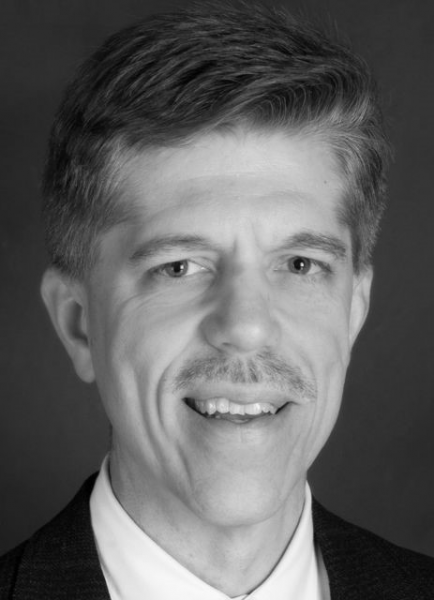
|
Bob Van Valzah, Independent Performance Expert.
Bob spent 4-1/2 years looking after all aspects of performance improvement for a high-frequency trading firm. He starts with the hardware of servers and networks and looks at the world from the perspective of picoseconds up. Prior to that, Bob was a co-founder of 29West, a company that pioneered the development of ultra-low-latency messaging. Bob was in on the ground floor of microprocessors in 1975, C in 1977, Unix and the ARPAnet in 1979, TCP/IP and the Internet in 1985, the World Wide Web in 1992, reliable multicast in 1998, and Bitcoin in 2011.
|










